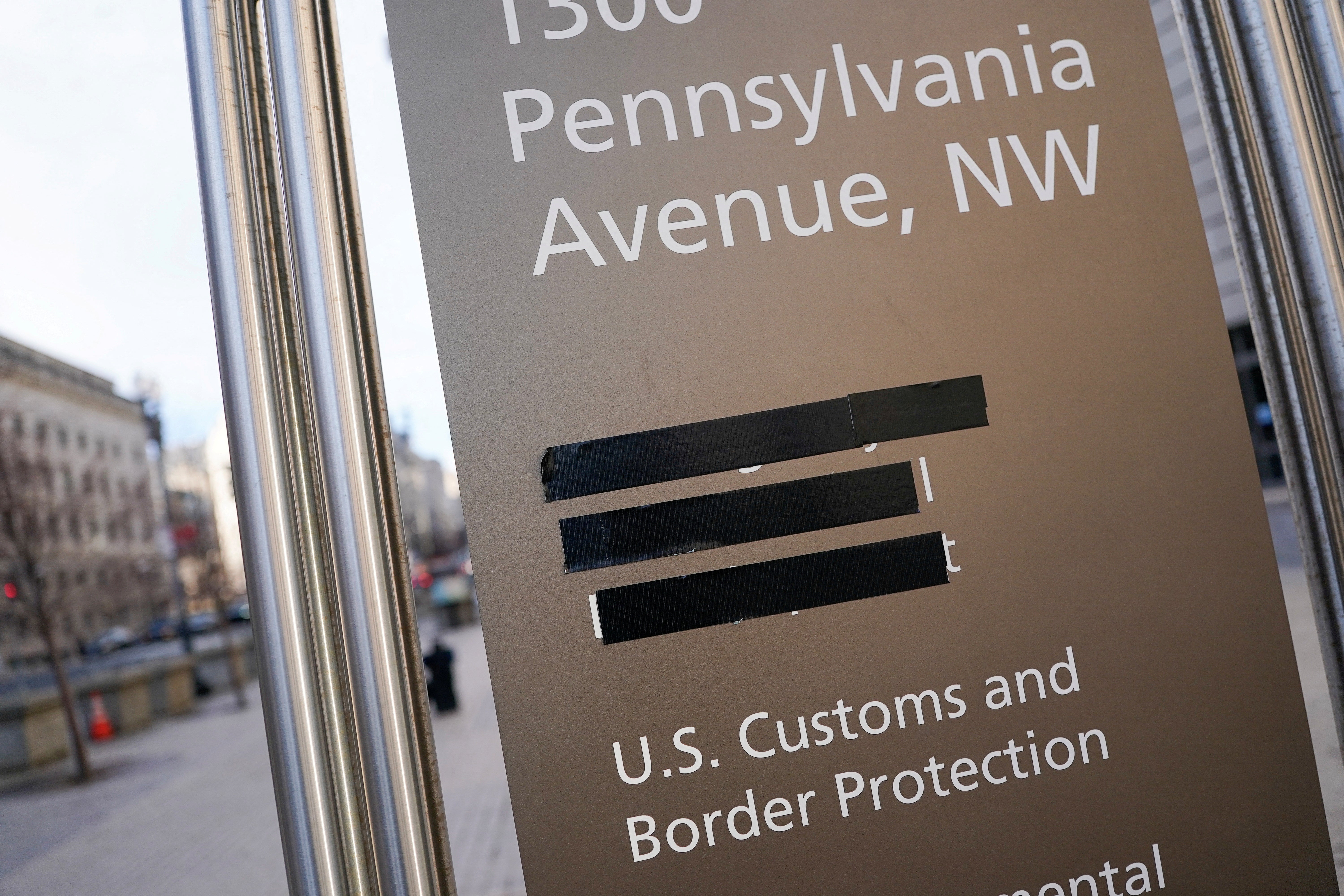A federal judge has cleared a path for Donald Trump to begin pulling thousands of foreign aid workers off the job, throwing the future of the U.S. Agency for International Development and critical global humanitarian relief into chaos.
Washington, D.C., District Judge Carl Nichols, a Trump appointee, has lifted his temporary restraining order that blocked the administration from removing all but a fraction of USAID staff and setting a 30-day deadline for global aid workers to move back to the United States.
His ruling follows a legal battle stemming from a lawsuit filed by unions representing nearly 2,000 USAID employees after the president’s unprecedented attack against the global aid agency, which supports dozens of life-saving missions in more than 100 countries.

Trump, Elon Musk and administration allies have baselessly cast the agency as a fraudulent “criminal organization” and “radical-left political psy op.”
Court filings and sworn statements from USAID workers warned Judge Nichols that the “unconstitutional and illegal actions” from Musk and Trump officials “have systematically dismantled” the agency, creating a “humanitarian crisis” and imperiling national security while jeopardizing thousands of jobs.
The administration intended to slash virtually all of USAID’s global staff to fewer than 300 people, according to a message to agency partners earlier this month. The administration then backtracked, with plans to leave roughly 600 workers in place instead, according to Department of Justice lawyers.
In Friday’s order, Nichols argued that the plaintiffs have “not demonstrated that further preliminary injunctive relief is warranted.”
Nichols said plaintiffs’ “initial assertions of harm were overstated” and that “allegations of illegality remain too speculative to support a finding of irreparable harm.”
“Abroad, plaintiffs suggest that there will be ‘catastrophic’ ‘humanitarian consequences’ if USAID — either due to the funding freeze or a lack of staff — cannot continue to administer its standard foreign aid programs,” Nichols noted.
There are also likely harms to USAID employees themselves, the international standing of what is a “globally critical agency,” and to the country’s relationships with other nations and agency partners, Nichols added.
“The Court certainly recognizes these potential effects of the government’s actions. But the government has also identified plausible harms that could ensue if its actions with respect to USAID are not permitted to resume,” he said. “In the President’s view, ‘the United States foreign aid industry’ is ‘not aligned with American interests and in many cases [is] antithetical to American values’ and indeed, ‘world peace.’”
Weighing the harms outlined in the lawsuit against Trump “is like comparing apples to oranges,” according to Nichols.
“Where one side claims that USAID’s operations are essential to human flourishing and the other side claims they are presently at odds with it, it simply is not possible for the Court to conclude, as a matter of law or equity, that the public interest favors or disfavors an injunction,” he added.

